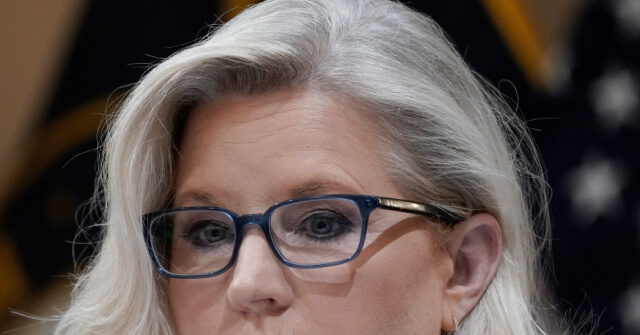Arizona’s Democratic Attorney General, Kris Mayes, has initiated an investigation regarding an alleged death threat made by former President Donald Trump towards Liz Cheney. This inquiry has sparked widespread criticism, with many labeling it as election interference. Critics argue that the probe represents a misuse of the Attorney General’s office, aimed at influencing the political landscape ahead of upcoming elections. Mark Hemingway, a Senior Writer at RealClearInvestigations, condemned the action on social media, criticizing it for being an “abuse of office.” This sentiment was echoed by former House Foreign Affairs Committee investigator Jerry Dunleavy IV, who characterized the investigation as a troubling blend of media misinformation, political motives, and the abuse of investigative authority.
The controversy revolves around claims made by the Harris campaign and various media outlets that Trump explicitly threatened Cheney by suggesting that guns should be pointed at her. However, Trump’s actual remarks, made during a speech in Glendale, were contextually different. He framed Cheney’s actions as those of a “war hawk,” criticizing her for promoting military interventions. Trump’s fiery rhetoric illustrated his views on politicians making decisions about war from a safe distance, rather than being figuratively “on the front lines.” He further took aim at Cheney’s father, criticizing the legacy of decisions that led to violence and instability in the Middle East.
In response to the allegations, Mayes has indicated that her office is examining whether Trump’s comments can be classified as a legitimate death threat under Arizona law. During an interview on “Sunday Square Off,” she refrained from making definitive statements but stressed that such rhetoric is detrimental as the state gears up for its elections. Mayes highlighted her intent to maintain peace at polling places, suggesting that the investigation is partly driven by concerns over public safety and electoral integrity.
Meanwhile, Trump took to Truth Social to defend his statements, framing them as critiques of Cheney’s stance on military engagement. He labeled her a “War Hawk,” questioning her capability and willingness to engage in combat, implicitly arguing that her viewpoints are disconnected from the realities of war. Trump’s statement notably intensified his critiques of Cheney, depicting her as a politician who benefits from the consequences of wars without bearing any personal responsibility or risk.
In the political crossfire, Vice President Kamala Harris used the incident to underscore what she perceives as a concerning trend in Trump’s communication style. She asserted that Trump’s rhetoric is becoming increasingly violent, especially towards political adversaries, and categorized his comments about Cheney as particularly alarming. Harris described Cheney as a “true patriot” and suggested that such rhetoric should disqualify Trump from future political participation, indicating the seriousness with which she views the implications of his statements.
The investigation into Trump’s comments has thus emerged as a focal point of political contention. It not only reflects ongoing tensions between political parties but also illustrates how the intersection of media narratives and political actions can influence public perception and law enforcement decisions. As the investigation unfolds, it potentially sets a precedent for how statements made by public figures are scrutinized and interpreted, particularly in the context of political discourse ahead of elections.

